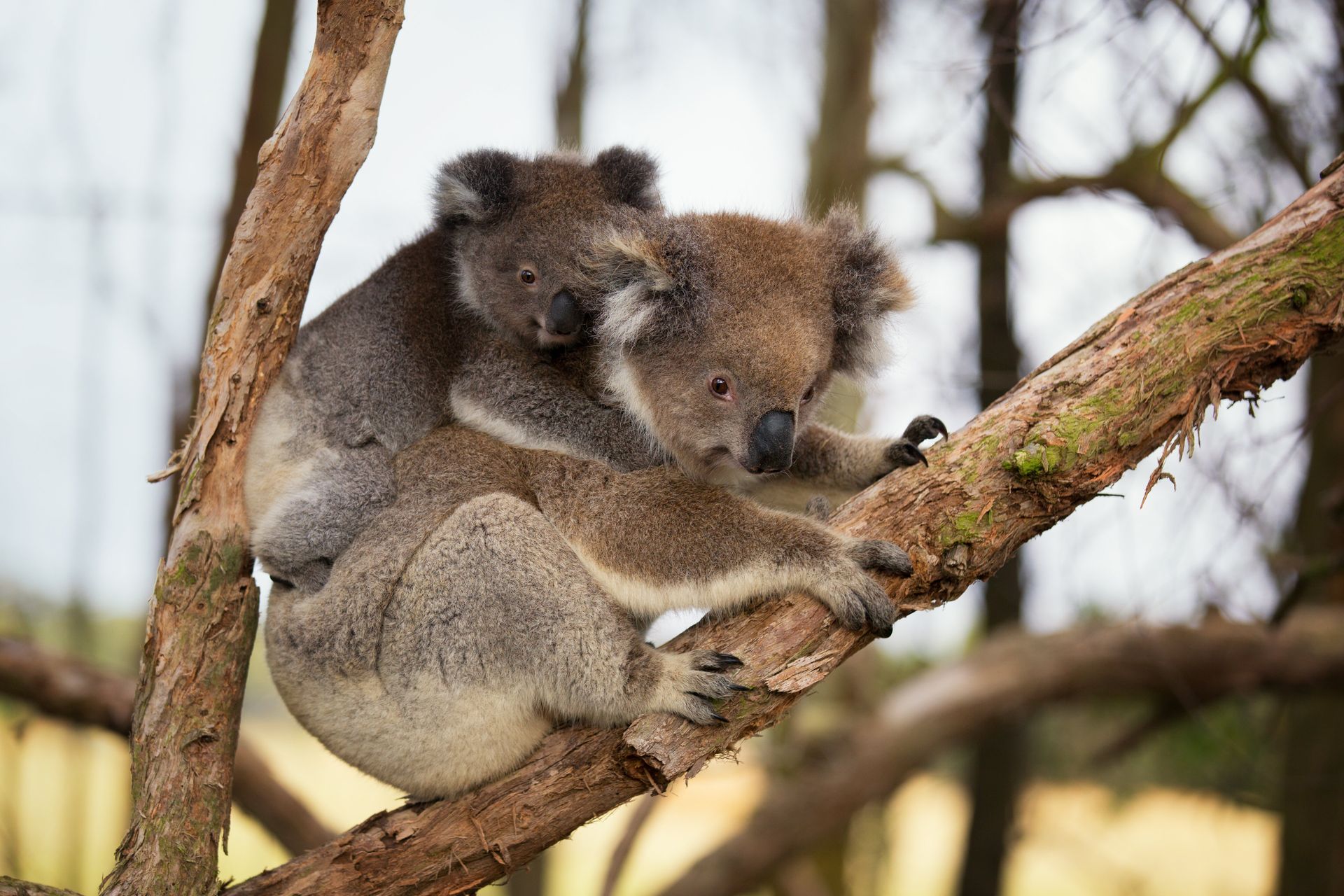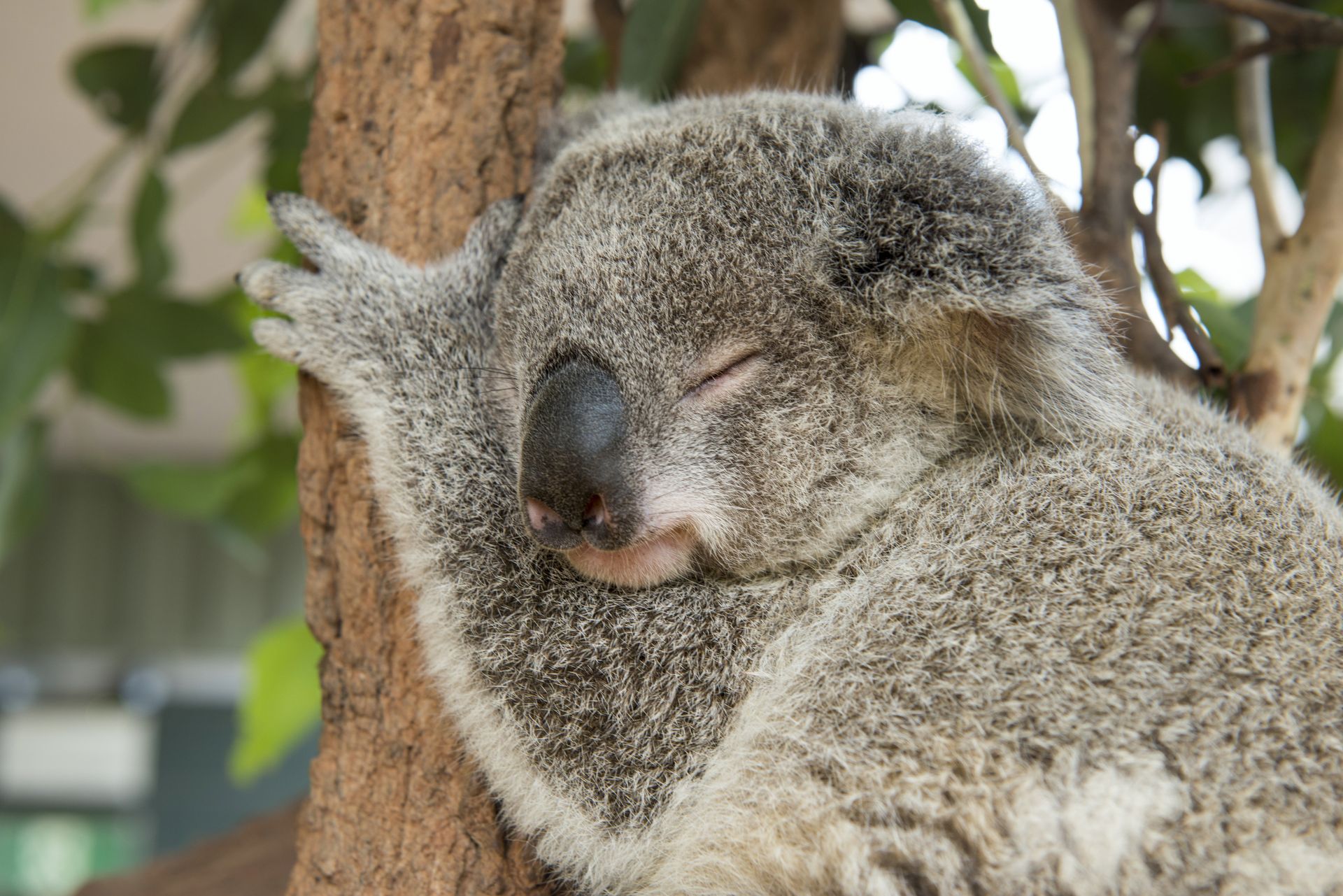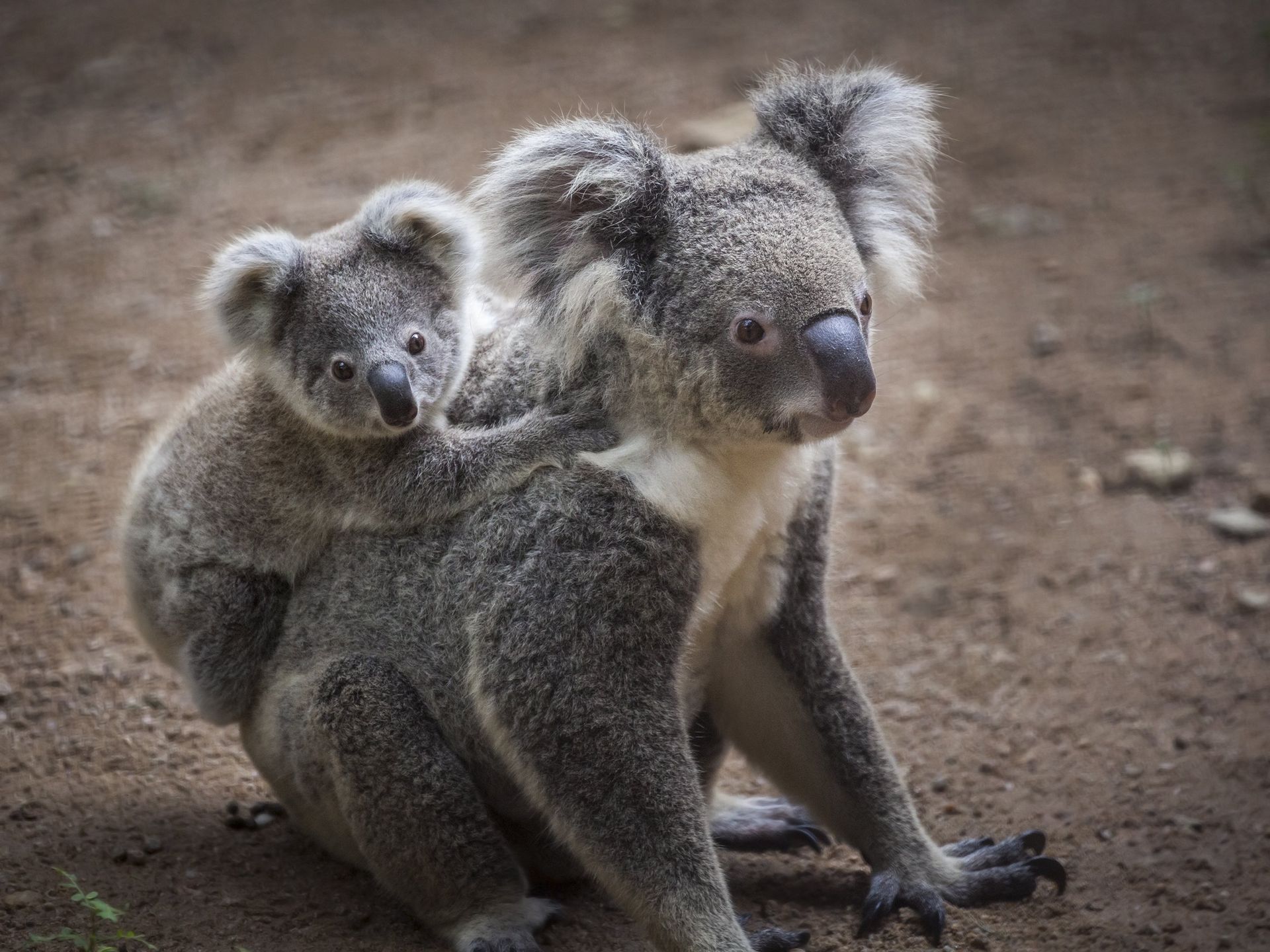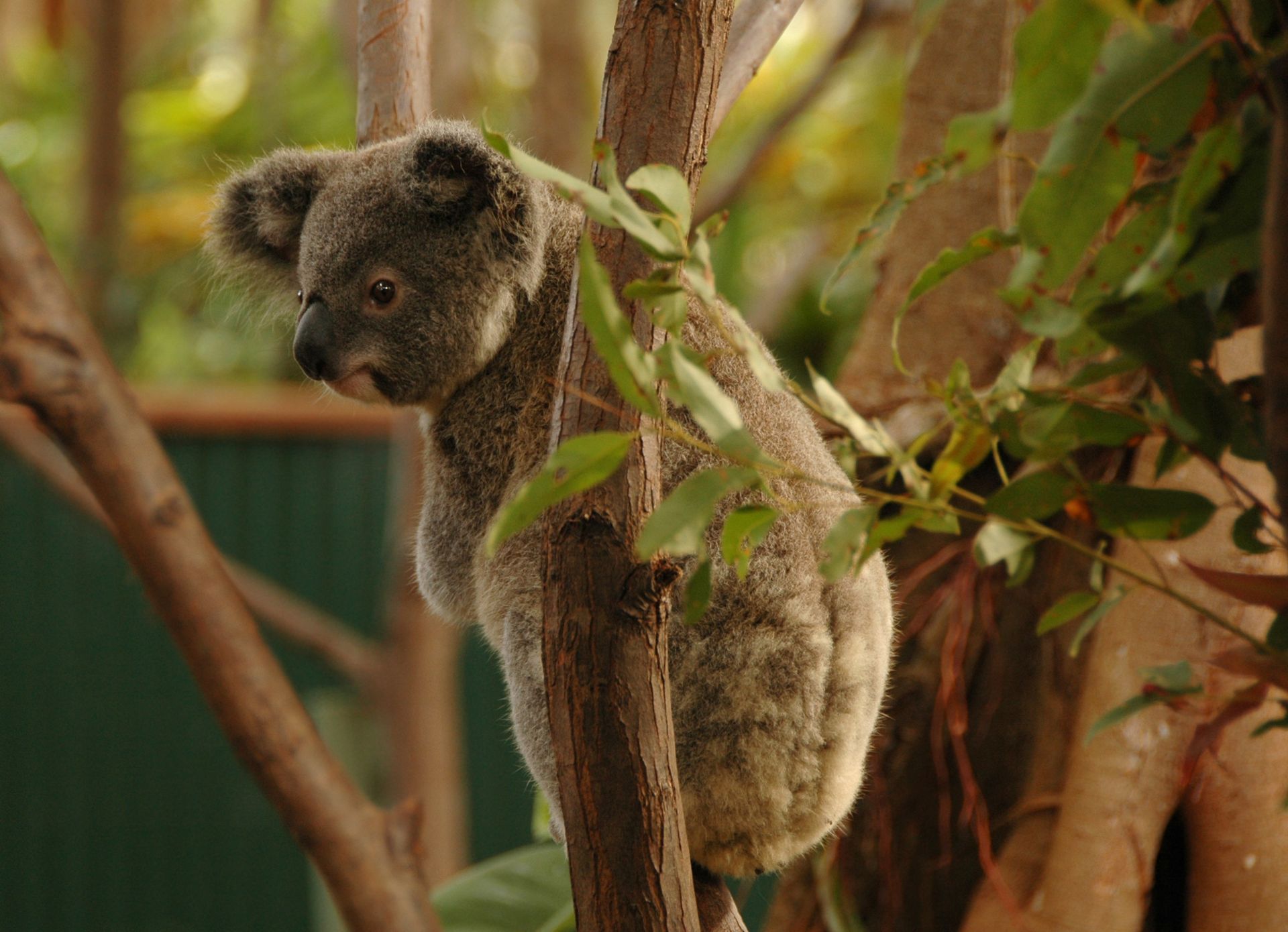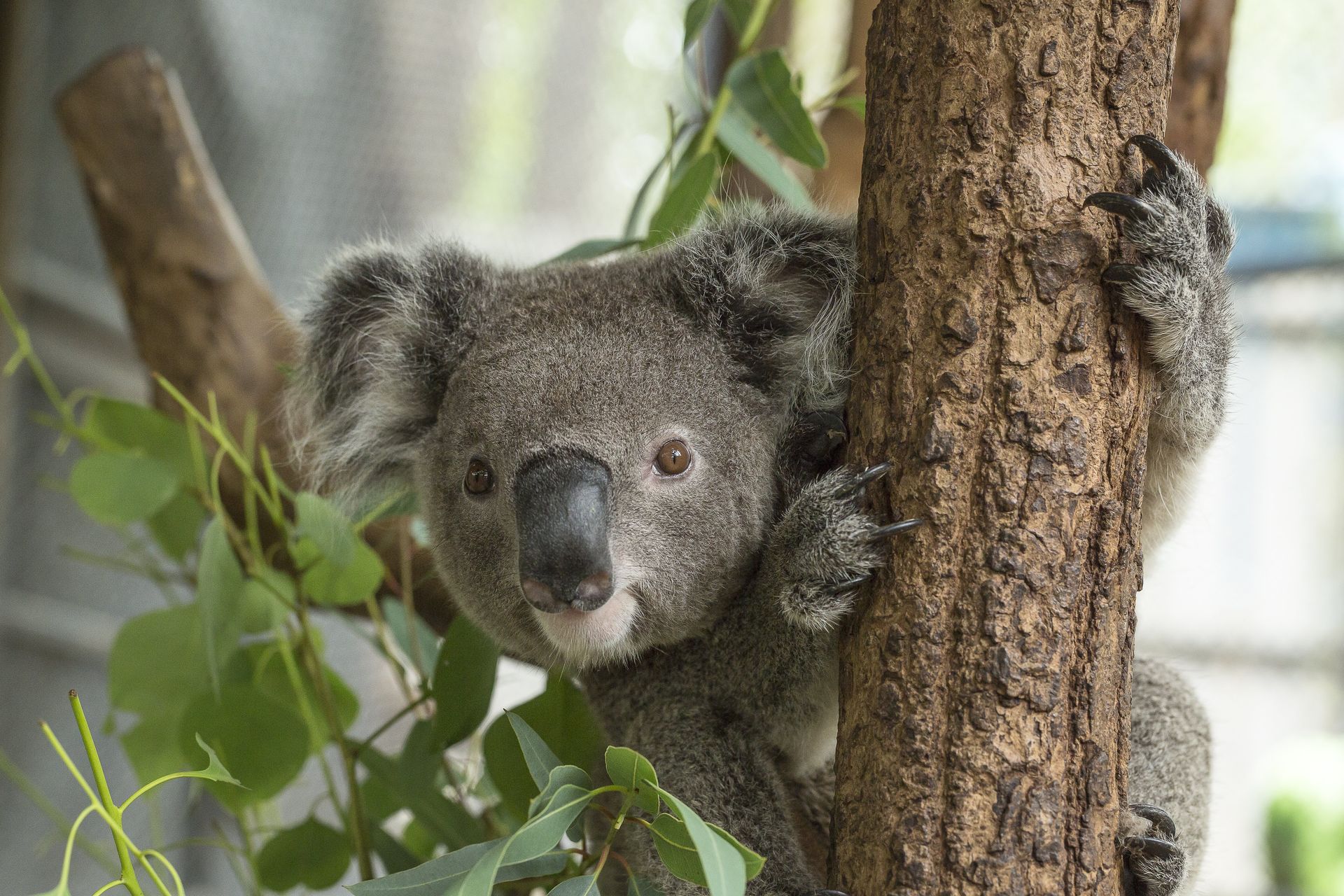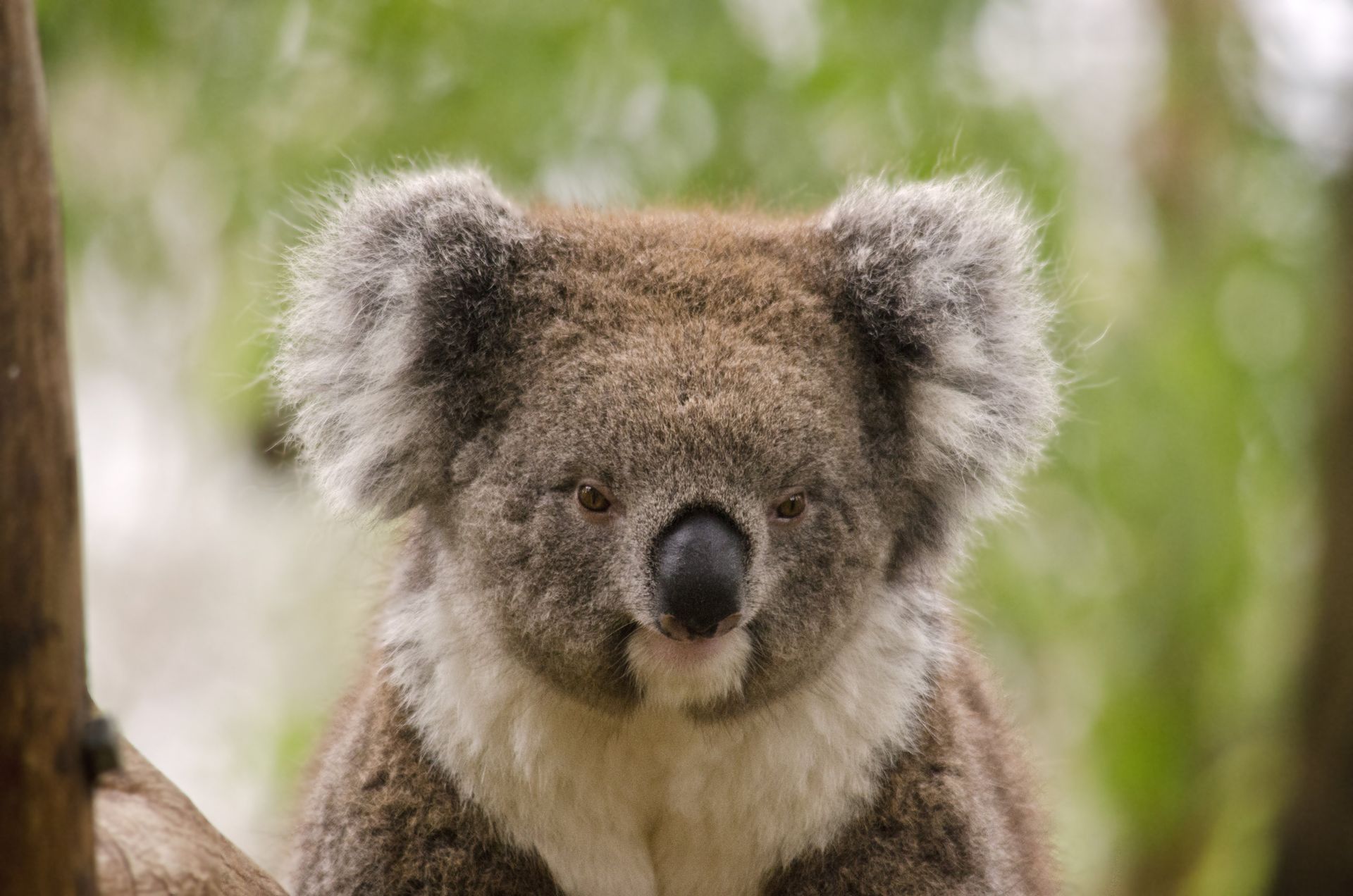Persist Through Resilience
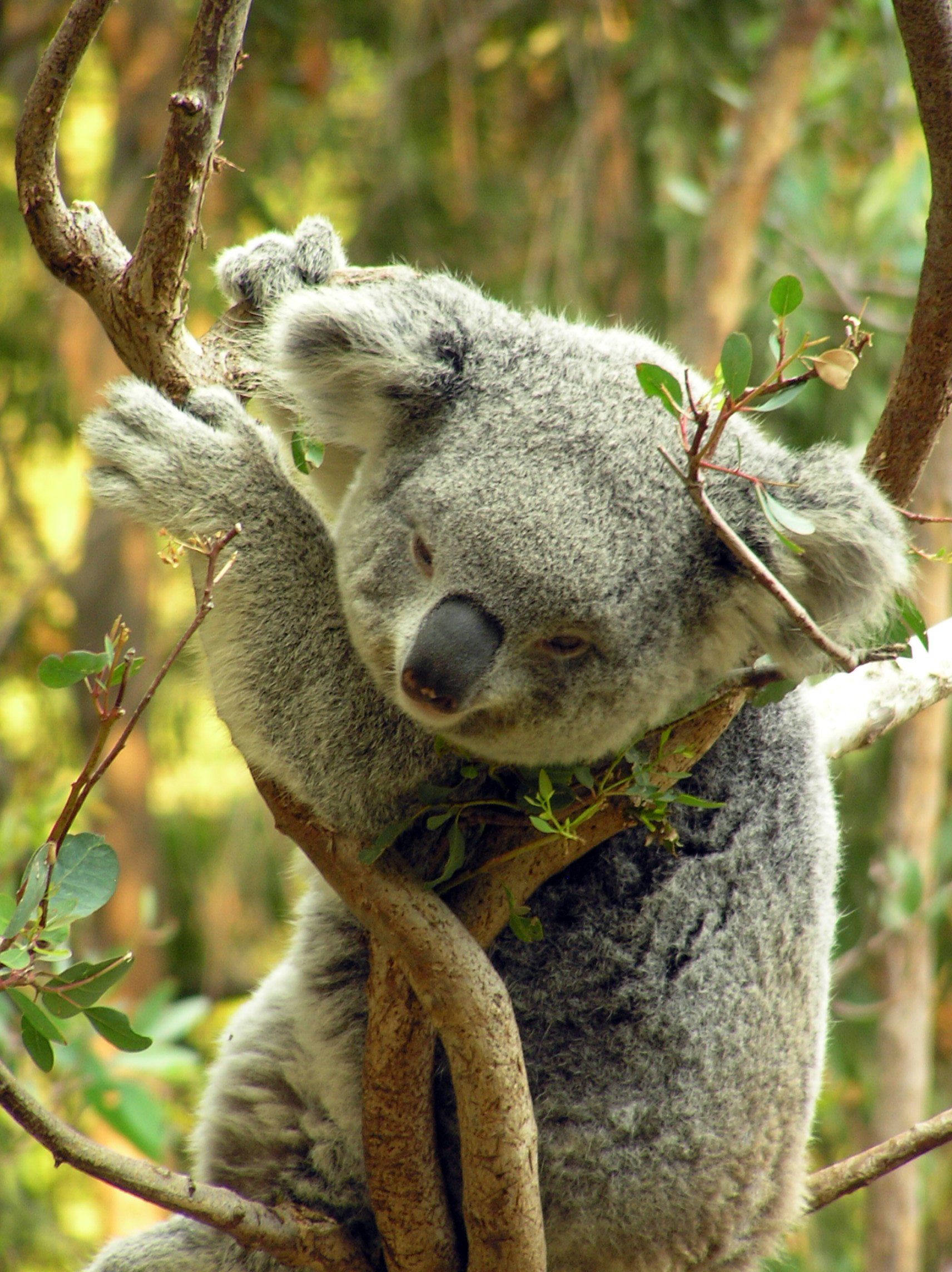
Ohwel /OH-wel/ Oh
Well! Maintain Composure and Control
- Remain in control of my emotions
- Maintain composure no matter what
- Use the Ohwel principle when:
- Challenges are always best handled when I am in a position of composure
- Assists in recognizing and seizing opportunities
- Encourages others to remain calm and composed
- Reduces and eliminates stress
Recommended Path:
2
- Say “Oh Well!” instead of choosing to allow any situation or circumstance to cause you stress and to lose control.
- What does the statement above mean to you?
- Choosing to remain in control of your emotions when confronted with a challenge may not immediately resolve it, but it does place you in a position to overcome.
- Listen to Ohwel the Koala.
- Record your thoughts and impressions.
- Read the koala facts.
- After reading the animal facts and listening to the song, how could you liken the koala to Ohwel, or maintaining control?
- Look at How to Use Ohwel in the table below and find examples of these principles in your core books.
- How were others affected when an Ohwel attitude was shown?
- How can you use Ohwel?
- What benefits have come to others as you have practiced Ohwel?
4
1. Koalas are marsupial mammals and are not related at all to bears.
2. Koalas have five digits on each of their front paws. Two of the digits are opposed to the other three, which help them grip branches and leaves better. (It’s like having two thumbs.)
3. Koalas live in eucalyptus trees. They eat large amounts of eucalyptus leaves as their main diet. A koala will eat up to 1 kg (2.5 lbs) per day.
4. The leaves that koalas eat are toxic to most animals. However, koalas have a certain type of bacteria in their digestive system, which helps them to process their food and keeps them safe.
5. A koala can sleep up to 22 hours a day; this helps it conserve energy. It can also run as fast as a jackrabbit if necessary.
6. Koalas communicate with each other using a variety of sounds, some of which sound like snoring or a low bellow.
7. What else can you learn about koalas?



